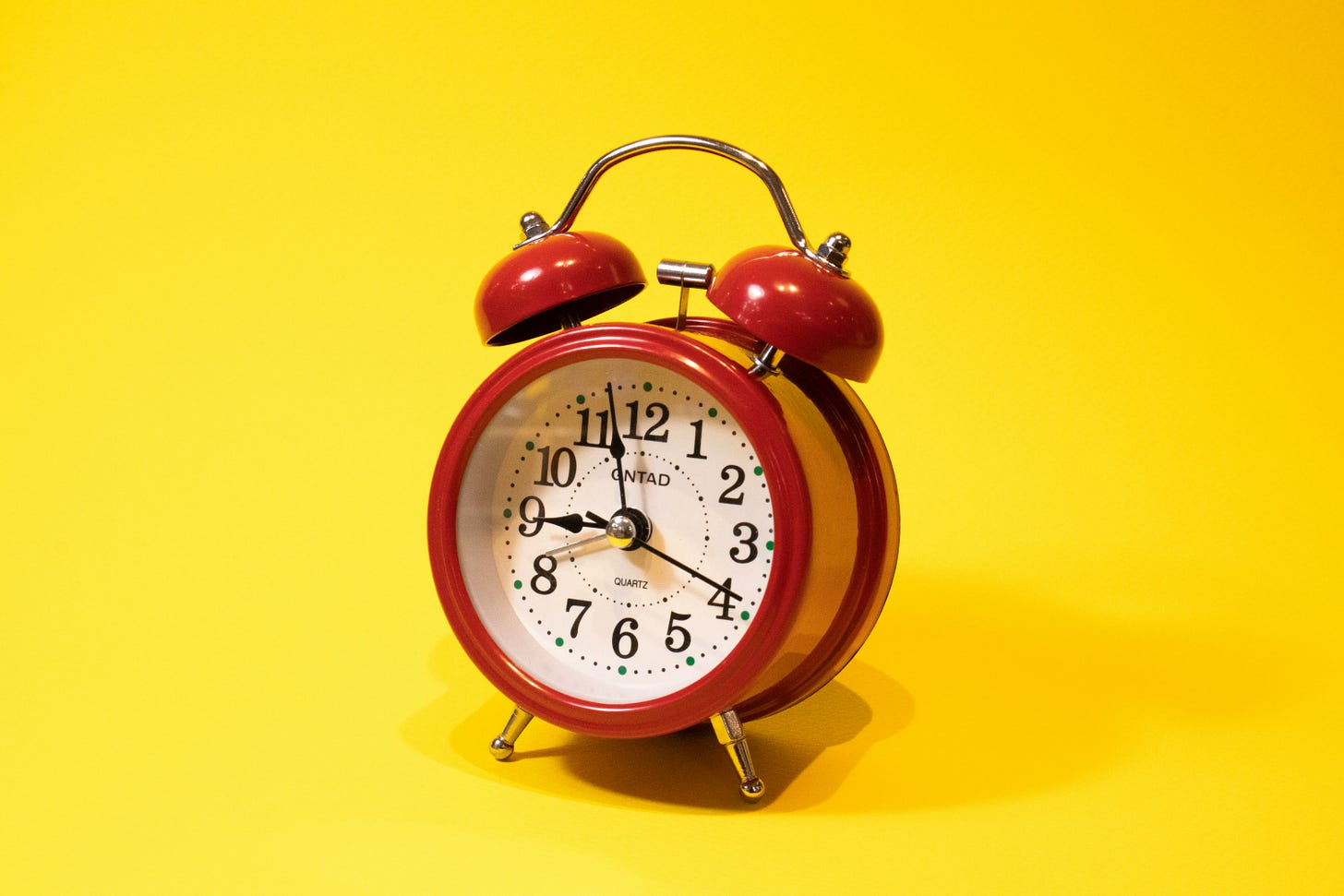It’s been eight years since I’ve had a roast beef sandwich.
I was a few days post-op after my third ear surgery in a two-year period, and my partner picked up Arby’s as an easy dinner since my appetite was coming back. I took a bite of my food and the sandwich just kind of… fell out of my mouth. The two of us laughed, chalking it up to my anesthesia/painkiller haze, and so I tried it again. Same thing — but this time it wasn’t so hilarious. I literally couldn’t keep the food in my mouth; it was almost like I forgot how to chew. So I wanted to test a theory and went to brush my teeth. The result was toothpaste dribbling from my chin like Colgate’s tribute to Niagara Falls. Looking in the mirror, I realized half of my face looked frozen in time. My lip was drooping like a banana peel, my left eye was barely open and awake (honestly, relatable), and I couldn’t change my facial expression. Something was very, very wrong.
After a quick call to my surgeon’s emergency after-hours line I was given a singular directive: Get to the emergency room as soon as possible. By the time we drove the 12-minute route to the hospital, my surgeon had already called to let them know I was on the way. When I arrived, I was swept into the back for stroke protocol. It couldn’t have been more than 5-8 minutes that lapsed before they had an IV in me, bloodwork taken, and conducted an initial neurological exam. Let me say that a little louder for the people in the back who do not understand this unicorn of a situation: 5-8 MINUTES, PEOPLE! I won’t bore you with the details, but the eventual diagnosis was a delayed post-op complication of facial paralysis (Bell’s palsy). All in all, the symptoms lasted around 10ish weeks and I thankfully regained about 95% function of my face — though my left eyelid likes to give me trouble from time to time.
Frozen face and roast beef sandwich aside, do you know what my biggest takeaway was from that period of my life? Is that what it takes to be seen quickly in the ER? And they just believed me from the start because my symptoms mimicked something especially scary?
I think about this all the time, especially in moments where I have legitimately begged for treatment, medication, or a test. How loud do I have to yell to be seen? To be believed? And it’s not just physical ailments where we lack urgency, because we see this happen all of the time in our current state of suicide prevention. We wait until someone is in deep pain, has attempted suicide, or is in a full-on mental health crisis to check in, to get them support.
Now, I am not naive enough to ignore that part of this mess is due to a lot of broken systems — how can we be there for each other when we’re constantly running on the treadmill of life? And, give me a little credit here, I also know that the spectrum of what constitutes an emergency must be triaged and prioritized in medical settings. Not every person can get 8-minute care from the car door to gurney, it’s just not possible or even necessary. But what are we doing for people before it gets to that boiling point?
I don’t necessarily have the answer here, and I don’t have enough of a god complex to believe I always show up for others when they need me. I absolutely fail my people from time to time. But I do think a huge chunk of this puzzle is that we’re only halfway present in our interactions. We are always trying to get or think ahead to the next thing. We stand in line at the grocery store and worry about school drop off tomorrow. We go out for drinks with a friend and yearn for bedtime after a marathon of a day. We ignore body language and subtle cues, we miss small changes in tone when someone is talking about potentially dangerous family dynamics. The same can be said in medical settings. It’s always about the next patient. The next appointment. The next stack of paperwork.
So my challenge to you today is that I dare you to be more present. I dare you to take notice of the details. I dare you to believe people the first time — not the second or the third, but the very first time someone discloses something to you, even if it seems far-fetched or hard to believe. Because while presence is not a blanket solution, I think about how many times in my life I was knocked down a notch when I felt like I wasn't heard, seen, or believed by the people around me. I think about what my life would be like if the surgeon I was seeing at 15 took my ear infection seriously. Would I still be disabled? Why did it take a pillowcase of evidence to see the literal emergency when I had been sitting there the entire time, begging for help? Imagine the catastrophes and crises we could get ahead of, or prevent completely.
So, let’s pay attention a little more. That’s step one. (And the second step, of course, is to not eat a roast beef sandwich while your face is paralyzed. You’ll never be the same.)








Amen. I am weirdly nostalgic for the days when I was having recurring DVTs after my pulmonary embolism and I was taken in and treated in the ER within minutes. The joy of having a clear cut medically-known emergency! Now, with misc chronic undiagnosed mystery symptoms, I hardly get treated or care at all, just dismissal and if I'm very lucky an honest "I just don't know."